If There Are Ranks in Time Management
Everyone has 24 hours a day, but the ways they use it are different. Learning time management is crucial for college students, while those who don’t know how to manage their time may waste time all the time. If time management is a qualifying, how will the players of different ranks perform?
Bronze Division
Student A is living in chaotic conditions. His/her biological clock is chaotic, and there are too many recreational activities in life. He/She is always late for class and absent from class. At the same time, the work efficiency is very low. He/She always wants to put off till tomorrow what should be done today. In the end, the academic tasks of the course of QMUL of Student A were hastily completed. And the course of QMES taught in full English also gradually became difficult to understand for Student A. Student A finally fell into a vicious cycle and failed the exams.
Silver Division
Student B clarifies academic tasks and uses the intelligent efficiency App TomatoTodo to see the focus time distribution, efficient time range, interruption reasons, and macro statistics. ForestApp is used to see the state of concentration through desktop component function. CoStudy-virtual study room app makes people work together online and accompany each other. These apps are used to help Student B complete the tasks of preparing for the IELTS exam on time to make sufficient preparations for studying abroad and applying to internationally famous universities, and striving to become an international compound talent. Sometimes, in order to ensure the promotion rate, these apps are also used to make plans and time arrangements for the postgraduate examinations.

Gold Division
Student C has detailed planning and arrangement of the study and life. He/She also knows how to balance entertainment and study, and has the ability to distinguish the importance and urgency of different tasks, and the ability to collect, organize and execute tasks. He/She can make himself/herself finish the tasks according to the schedule. He/She is accustomed to using four-quadrant time management method (see the figure below on the left) and GTD time management method. For example, he/she first recorded the tasks that he/she needed to complete, including the experimental schedule, calculus homework, mathematical and modular operation, and reciting tasks of ideological and political courses and then drew four-quadrant diagrams according to the importance and urgency of different tasks, and finally finished them one by one according to the GTD time management method.
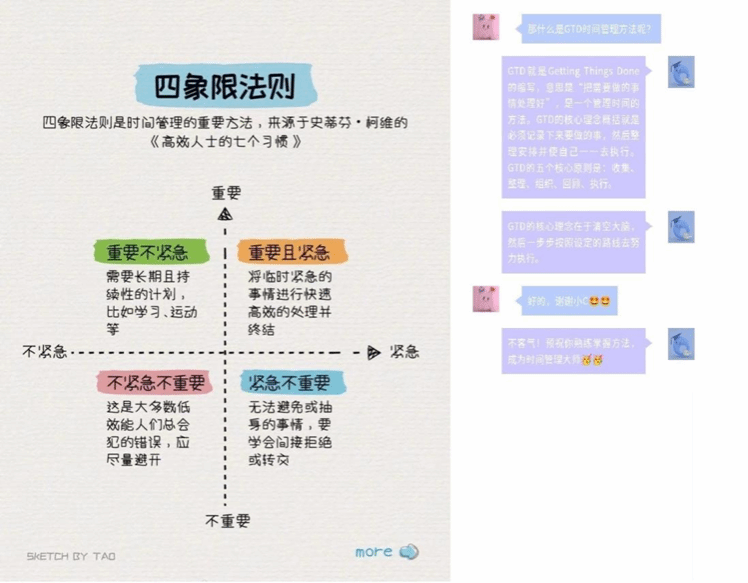
Student C mentioned that four-quadrant time management method is to divide things according to two dimensions of “important” and “urgency”, including things that are urgent and important(the first quadrant), things that are important but not urgent(the second quadrant), things that are urgent but not important(the third quadrant), and things that are neither urgent nor important(the fourth quadrant). Student C usually uses this method to clarify the assignments, and then makes plans and solves problems according to the importance and urgency of different tasks.
Challenger Division
Key points of time management for the players of challenger division: one core, four methods, and two tools
Core: proactively and reasonably manage time, and complete tasks independently, which emphasizes independent learning and proactive arrangement of other tasks.
Methods:
1. Set phased goals. Set goals and plans for the long-term study and life, dividing the big goals into small goals, and completing them in stages. For example, use SMART-Goal method explained by the teacher of QMUL of the module English for Science and Engineering to set goals, and set specific, measurable, achievable, and time-limited goals. The goals also need to be related to other goals.
2. Make full use of fragmentation time. For example, read e-books, memorize IELTS words or English course vocabularies, search for postgraduate entrance examination materials, etc., rather than watch short videos, when waiting in line to pick up food.
3. Reflect and review the following items every day.
1) Whether the daily tasks have been completed efficiently (such as reviewing, doing homework, previewing, washing, eating, etc.) or not ?
2) Whether important and urgent tasks have been completed before entertainment activities or not?
3) Whether say “no” to unreasonable tasks assigned by others or not?
4) Whether have regular breaks to relax brain or not?
...
4. Efficiently allocate energy. Find the most energetic and efficient time of the day to do the most important things. For example, combining actual situation to create an energy level curve.
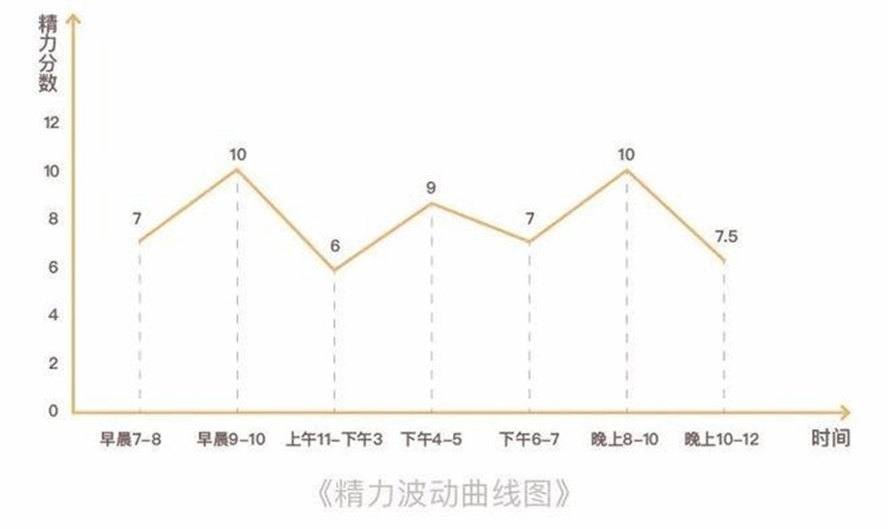
Tools: 1. Four-quadrant method
2. GTD time management method
Experience sharing of senior schoolmates
Two high-level players of time management qualifying competition were invited to share with students on how to manage time effectively, how to improve learning efficiency, and how to cultivate good learning methods (please click to watch the video).
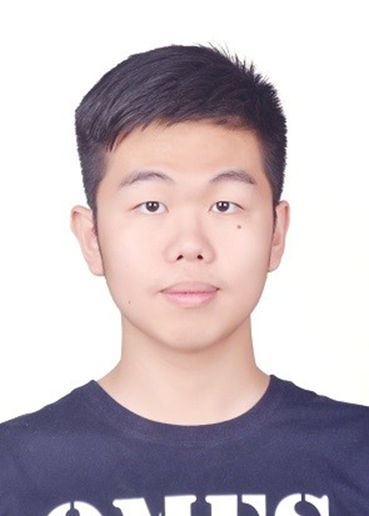
Jiao Wenjing: an undergraduate student majoring in Materials Science and Engineering of the class of 2019
GPA rank: 1/121
Postgraduate recommendation: PHD student of the School of Materials Science and Engineering, Tsinghua University
Awards: First Class Scholarship of NPU of 2019-2020 academic year, Outstanding Communist Youth League Member, Outstanding College Student, etc.
Scientific research achievements: be responsible for 2 National Innovation and Entrepreneurship projects and get one excellent conclusion and one good conclusion.
Competition awards: won second prize of National College Students Mathematical Modeling Competition of Shaanxi Province, and more than 10 awards of NPU, including the first prize of Mathematical Modeling Competition of NPU and the third prize of “Internet +” College Students Innovation and Entrepreneurship Competition, etc.
Social Work: League Branch Secretary of the Association for the Study of Crime and Reasoning of 2020-2021 academic year, President of Nanshan Board Game Club from 2020 to present .
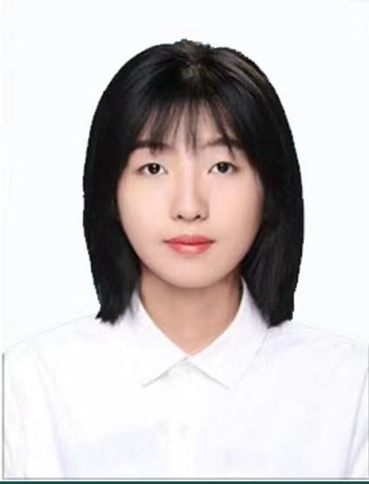
Feng Zhuoya: an undergraduate majoring in Polymer Materials and Engineering of the class of 2019
GPA rank: 1/110
Postgraduate recommendation: PHD student of the School of Materials Science and Engineering, Peking University
Awards: National Scholarship of the academic year of 2019-2020, 2020-2021 2021-2022, Pacemaker to Excellent College Student, Excellent College Student, etc.
Scientific research achievements: be responsible for 1 National Innovation and Entrepreneurship project and get excellent conclusion of it.
Competition awards: Bronze Award of the 7th International “Internet +” College Students Innovation and Entrepreneurship Competition; National Second Prize of MathorCup College Students Mathematical Modeling Challenge Competition, etc.
Social Work: League Branch Secretary of Class QM021904.
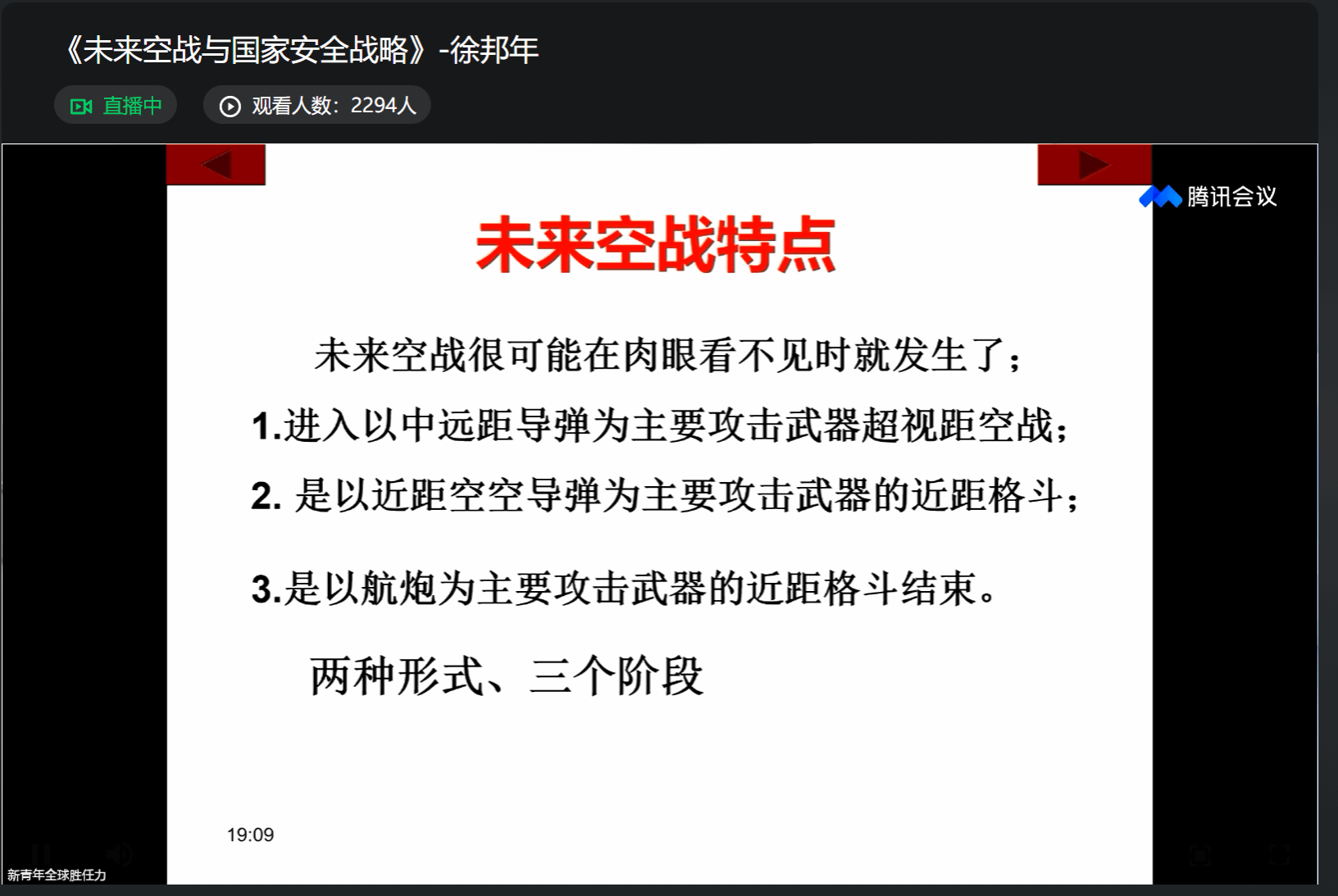
Epilogue
Romain Rolland said, “Rather than spend a lot of time and energy digging many shallow wells, it is better to spend the same time and energy digging a deep well.” The saying highlights the importance of time management. Allocating time and energy often makes a person yield twice the result with half the effort. The control of time is the control of life, and the ability to manage your time is the ability to control your life. Please take control of your time seriously!
Copywriting Editor: Hu Xinrui, Linghu Xinrui, Gao Zike
Video Origin: Feng Zhuoya, Jiao Jingwen
Editor: Wu Sijia
Review: Cheng Yin
Translator: Li Qianqian

